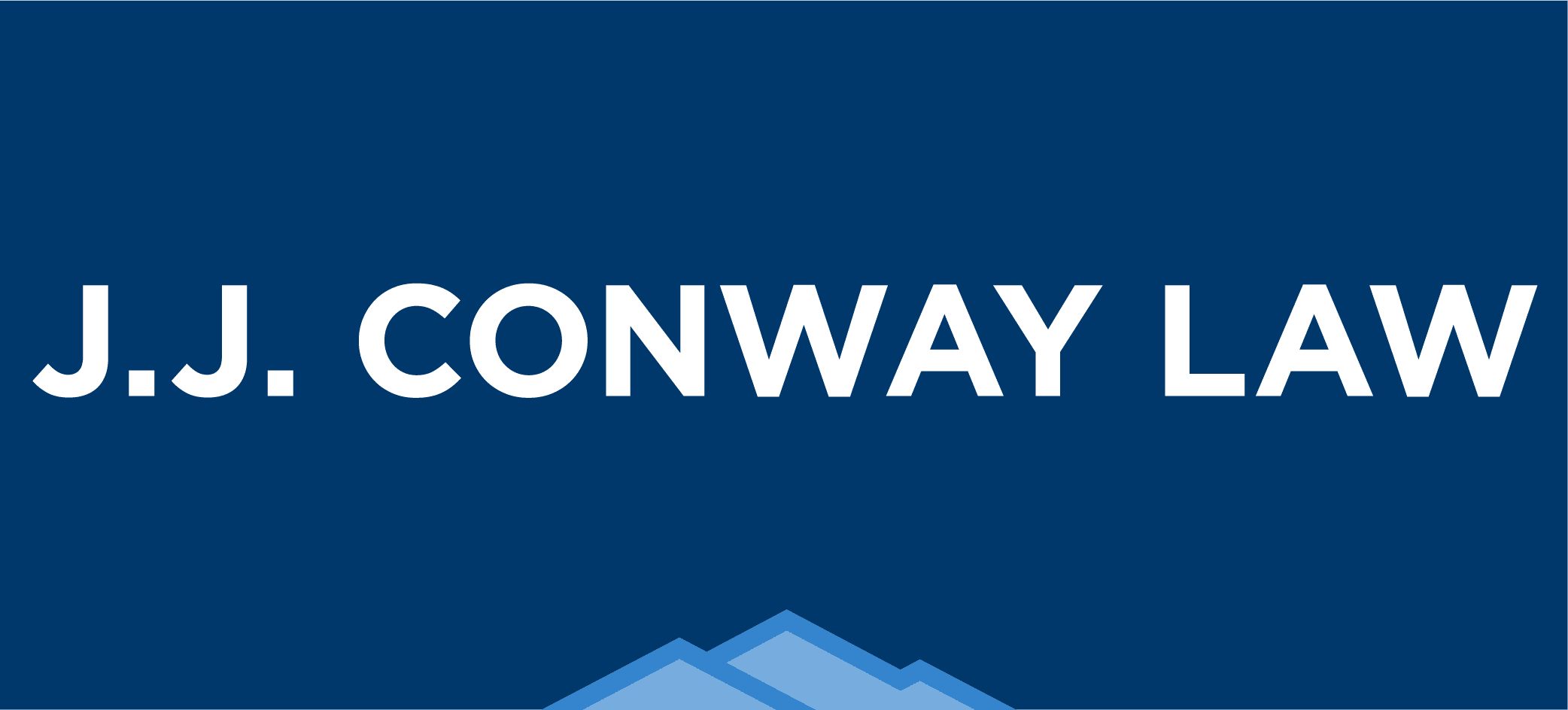Open Enrollment? Job Change? Make Sure Benefit Choices Satisfy the Three Pillars of Financial Security

Did you know that up to one-third of an employee’s overall compensation is paid to them in the form of benefits? For employees facing open enrollment decisions this fall or eying new career opportunities, the financial value and accompanying costs of employee benefits should take center stage.
With health insurance premiums rising 7% in 2024 – after a similar increase in 2023, employees are paying an average 14% more on health insurance than they did in 2022 – while merit pay increases are averaging 3.5% for 2024. Now, more than ever, employees need to view their benefit plans as a significant compensation source in their own right.
Salary and wage considerations are often the determining factor in accepting employment, but prospective hires also need to review employee benefit plans carefully to determine not only the monthly cost, but the covered services. Similarly, employees changing health plans during open enrollment need to determine the financial risks of the higher deductible/lower premium plan they are considering. Depending on prescription drug coverage and coverage for office visits and urgent/emergency room visits, the ‘less expensive’ plan may cost significantly more out of pocket, offsetting any savings from a lowered premium.
While work/life benefits are a popular trend and have intrinsic value, it’s important to pay at least equal attention to insured benefits when considering switching jobs or weighing the overall value of a new job offer. A good guideline to follow is whether new benefit plans will offer the three pillars of financial security: immediate, short-term, and long-term. Healthcare coverage, retirement matching funds, as well as life and disability insurance are critical components of an employee’s financial security and future well-being.
- An Employee’s Immediate Financial Security. The most important aspect of an employee’s immediate financial security is having a good and comprehensive healthcare plan. Without proper healthcare coverage, expensive medical treatments can cause real financial harm, sometimes even bankruptcy.
- An Employee’s Short-Term Financial Security. A good employee benefits plan should have a disability and life insurance plan underwritten by reputable insurance companies. The financial protection of an employee’s income and assets is critically important, especially if the employee has dependents. If something unexpected happens, the ability to earn an income could be lost, and there should be a disability contract to help replace that income without a prolonged wait. If there is an unexpected death, an employee’s family should be protected with adequate levels of life insurance coverage.
- An Employee’s Long-Term Financial Security. The third pillar of a benefit plan helps an employee plan for a future when the employee no longer wants to work (or not work full-time). A good benefit plan should make it relatively easy to save for retirement through a 401(k) plan or other savings vehicle, by building up net worth paycheck after paycheck. A good plan should have solid investment offerings, low fees and be effectively managed.
#ERISA #employeebenefits #openenrollment #jobchange #healthinsurance

